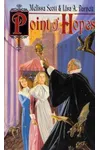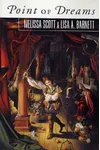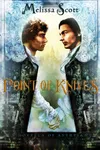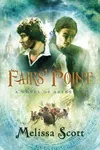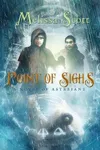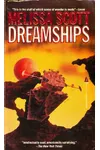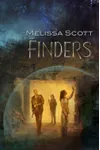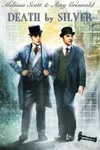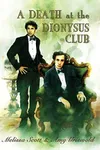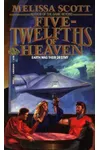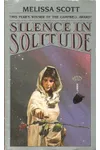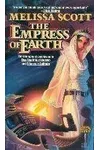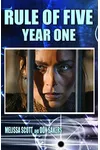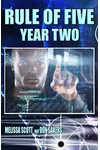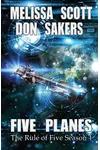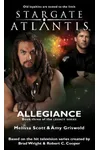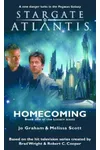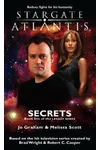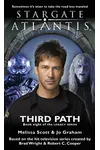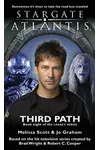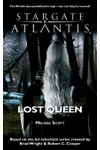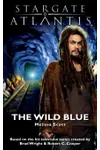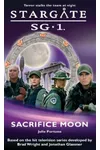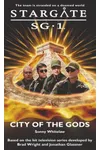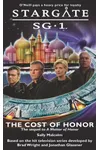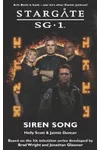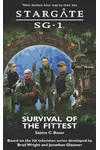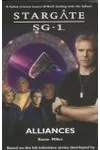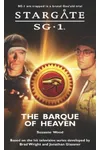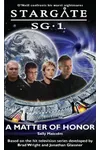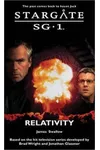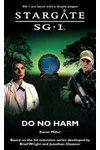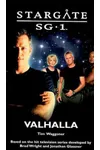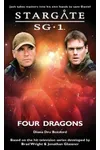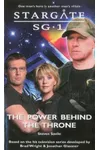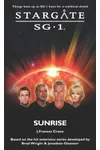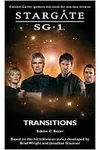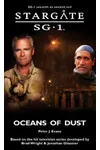Picture an American storyteller who weaves intricate sci-fi worlds with fearless LGBTQ+ heroes—meet Melissa Scott! Born in 1960, this award-winning author has been captivating readers with her bold narratives and richly crafted settings since her debut in 1984. With a PhD in comparative history and a knack for blending science fiction with fantasy, Scott’s stories are as thought-provoking as they are thrilling.
From cyberpunk adventures to sprawling space operas, her work stands out for its diverse characters and immersive universes. Ready to dive into the mind of a sci-fi trailblazer? Let’s explore Melissa Scott’s life, her unforgettable stories, and why she’s a must-read for any speculative fiction fan!
The Making of Melissa Scott
Born in Little Rock, Arkansas, Melissa Scott discovered her love for science fiction in junior high after a gym class mishap landed her in the library. There, a librarian introduced her to giants like Robert A. Heinlein and Andre Norton, sparking a lifelong passion. She studied history at Harvard College, later earning a PhD in comparative history from Brandeis University, which gave her a unique lens for world-building. Her academic background and early exposure to sci-fi fueled her writing career, leading to her first novel, The Game Beyond, in 1984—a space opera that echoed Roman Empire intrigue.
Melissa Scott’s Unforgettable Stories
Scott’s bibliography is a treasure trove of over 30 novels, blending science fiction, fantasy, and queer themes with meticulous settings. Her Silence Leigh trilogy (Five-Twelfths of Heaven, Silence in Solitude, and The Empress of Earth) follows a star pilot navigating a galactic empire with alchemical and astrological twists, earning her the 1986 John W. Campbell Award for Best New Writer. Trouble and Her Friends, a 1994 cyberpunk classic, dives into a near-future internet crackdown, winning a Lambda Literary Award for its sharp, feminist take on hackers and identity.
Shadow Man (1995), another Lambda winner, stands out for its explicit exploration of gender and sexuality in a society with five genders, showcasing Scott’s ability to tackle complex themes without overshadowing the story. Her Astreiant series, co-authored with partner Lisa A. Barnett, blends fantasy and mystery in a magical city, with titles like Point of Hopes and Point of Dreams celebrated for their intricate plots and queer romance. Scott’s style—vivid, character-driven, and layered with historical and cultural depth—makes her worlds feel both alien and familiar.
Beyond original works, Scott has penned tie-in novels for Star Trek: Deep Space Nine (Proud Helios) and Stargate: Atlantis, proving her versatility. Her collaboration with authors like Jo Graham and Amy Griswold, including the Lambda-winning Death By Silver, highlights her skill in crafting historical fantasy with a magical twist.
Why Melissa Scott Matters
Melissa Scott’s impact on science fiction is profound, particularly for her pioneering inclusion of LGBTQ+ characters in the 1980s and 1990s, when such representation was rare. Her protagonists—often gay, lesbian, bisexual, or transgender—are seamlessly integrated into her narratives, normalizing diversity in speculative fiction. Critic Phyllis Betz notes that Scott’s focus on story over identity makes her work universally resonant, while still breaking barriers. Her multiple Lambda Literary Awards and Spectrum Awards underscore her influence in queer speculative fiction.
Scott’s legacy also lies in her mentorship and teaching. Through writing classes and guides, she inspires new authors to craft authentic, imaginative stories. Her ability to blend rigorous world-building with human stories continues to inspire readers and writers, cementing her as a cornerstone of modern sci-fi and fantasy.
- Born: 1960, Little Rock, Arkansas
- Key Works: Silence Leigh trilogy, Trouble and Her Friends, Shadow Man, Astreiant series
- Awards: John W. Campbell Award (1986), Lambda Literary Awards (1994, 1995, 2001, 2014)
Snag Trouble and Her Friends or the Astreiant series and dive into Melissa Scott’s vibrant, inclusive sci-fi worlds today!
